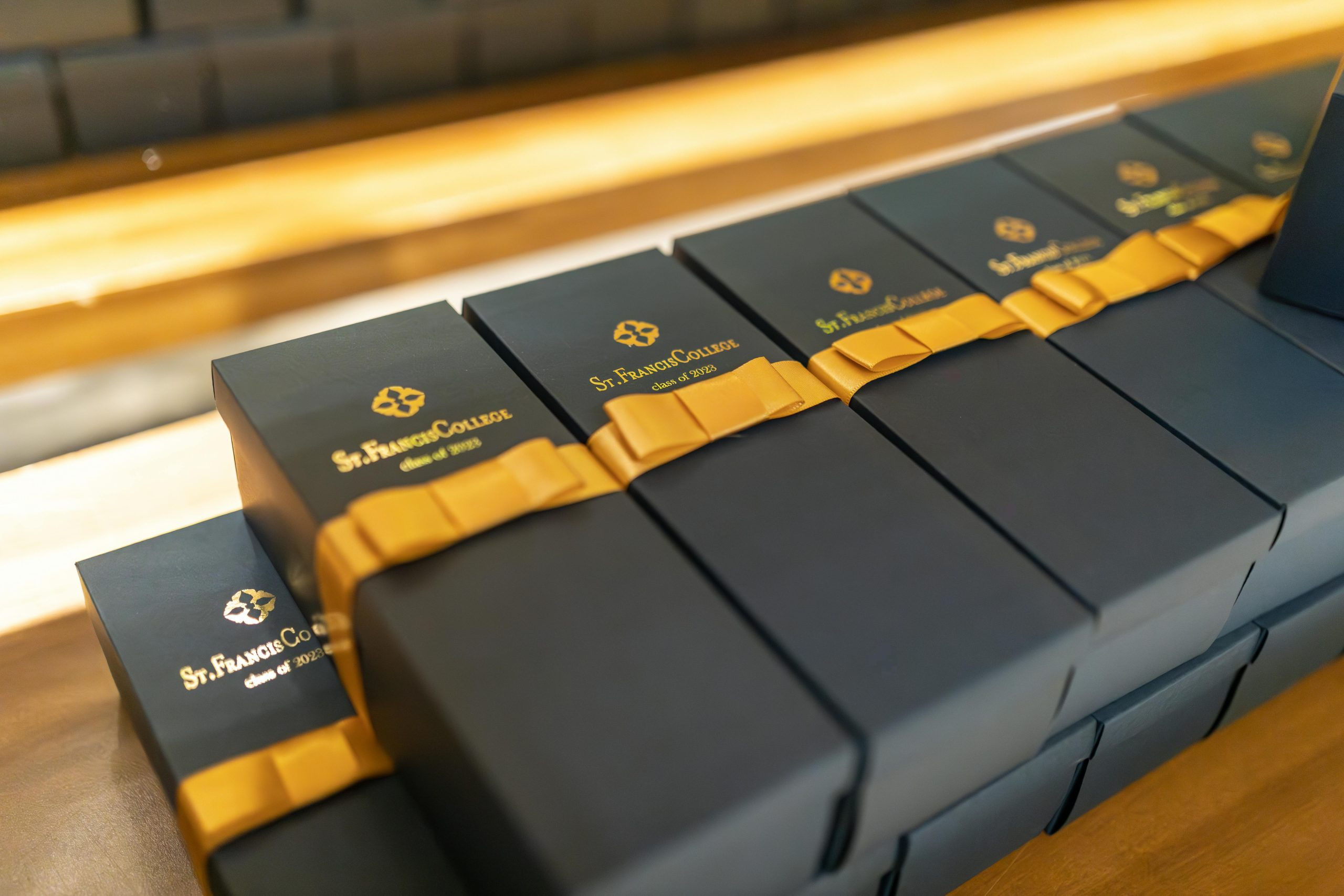The Psychology of Luxury Purchases: Why We Splurge on Premium Brands
When we think of luxury purchases, we often imagine expensive designer clothes, high-end jewelry, and luxury cars. These items may seem excessive and unnecessary, yet many people are drawn to them and willing to pay a premium price. So why do we feel the need to splurge on premium brands? What is it about luxury purchases that makes them so alluring to us? In this article, we will dive into the psychology of luxury purchases and explore the reasons behind our urge to splurge on high-end brands. 
The Power of Perception
The first factor to consider when it comes to luxury purchases is the power of perception. Brands spend countless resources on building an image of exclusivity and luxury. Their marketing strategies are carefully crafted to create a sense of desirability and prestige around their products. As a result, owning a luxury item from a prestigious brand often comes with a certain social status and can be seen as a symbol of wealth and success.
The Role of Social Comparison
Humans are social beings, and we are constantly comparing ourselves to others. It is natural for us to seek validation and recognition from our peers, and luxury purchases can fulfill that need. When we see someone wearing a designer outfit or carrying a designer bag, we might feel envious and believe that owning those items will make us feel more accepted and admired by others. In this sense, buying luxury brands can be seen as a way to elevate our social status and gain approval from our peers.
The Emotional Connection
Another reason why we splurge on premium brands is the emotional connection we have with them. Luxury brands often have a long and rich history, and they tend to evoke certain emotions in us. For example, owning a Louis Vuitton bag might make us feel elegant and sophisticated, while a Rolex watch might make us feel powerful and successful. These emotional connections can be deep-rooted in our subconscious and can greatly influence our purchasing decisions.
The Need for Quality and Durability
Despite the high price tags, luxury brands are known for their high-quality and durability. People are willing to spend more money on luxury items because they expect them to last longer and to be of superior quality. For some, owning a luxury item means owning something that will last a lifetime and can even be passed down to future generations. This perception of luxury brands as durable and exclusive can be traced back to their long-standing legacy and reputation.
Rewarding Ourselves
Buying a luxury item can also be seen as a way to reward ourselves for our hard work and accomplishments. In a world where we are constantly working and striving for success, owning a luxury brand can serve as a personal reward and a way to indulge in our achievements. It can also boost our self-confidence and make us feel proud of what we have accomplished.
The Thrill of the Chase
Last but not least, the thrill of the chase is another factor that draws us to luxury purchases. Limited edition or exclusive items can create a sense of urgency and scarcity, making us feel like we need to act fast to acquire them. This can lead to impulse buying, especially when it comes to luxury brands that are known for their limited stock and high demand.
The Power of Experiential Shopping
Luxury brands also offer a unique shopping experience that goes beyond just purchasing a product. The exclusivity of shopping in a luxury store, the personalized attention, and the luxurious ambiance can make us feel special and pampered. This experience is something that we may not be able to get when shopping for mainstream brands, thus making luxury purchases even more appealing.
In conclusion, the psychology behind luxury purchases is complex and multifaceted. Social comparison, emotional connections, quality and durability, rewarding ourselves, and the thrill of the chase are all factors that play a role in why we are drawn to splurge on premium brands. Whether it’s for status, self-expression, or the desire for a unique shopping experience, there’s no denying that our purchasing decisions are greatly influenced by our psychological needs and desires.








